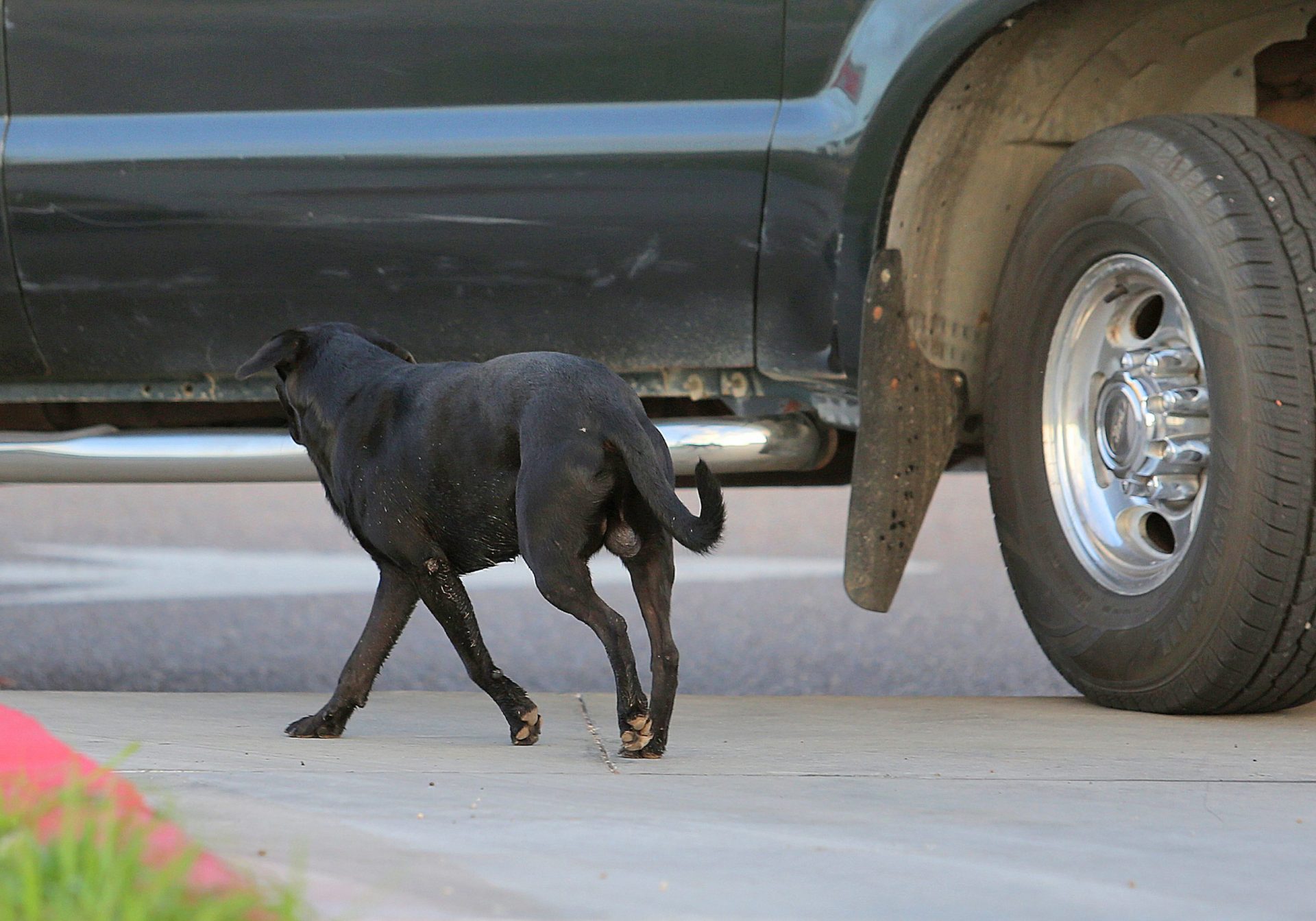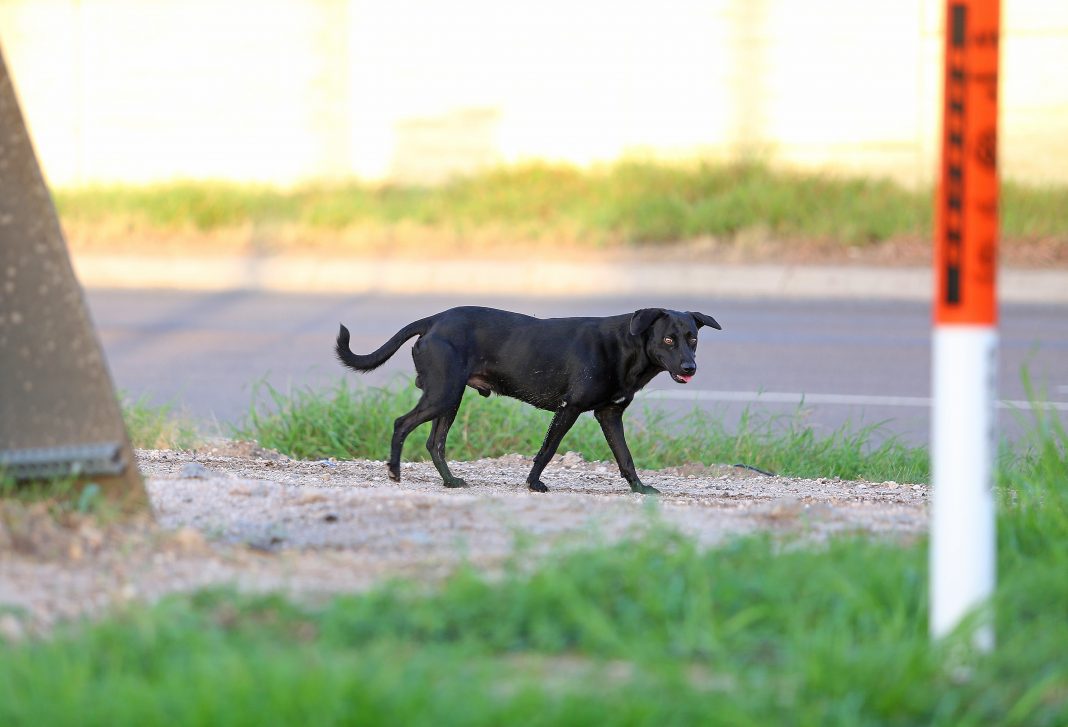Over the past year, animal shelters across the Rio Grande Valley have again noticed an uptick in the number of animals in their care. Although this is nothing new for the region, shelters and county officials are continuing efforts to address the animal overpopulation in the Valley by prioritizing spay and neuter messaging and strengthening nonprofit support.
A big part of that message is reminding the public about the benefits of spaying, and that contrary to misconceptions, it’s not harmful, according to Kerry McKeel, state communications strategist at Best Friends Animal Society.
“It is a very safe option for helping to control the animal population,” she said. “We’ve certainly noticed an increase in intake in our shelters of animals coming and we’ve noticed a decline in adoptions this year.”
McKeel said that in addition to helping control overpopulation, spaying and neutering your pets fights off disease.
For instance, it helps prevent uterine infection and breast tumors in females, which she said are malignant in 90% of cats and 50% of dogs.
Not only does it help keep pets healthier but spaying also keeps them calmer. Animals that are not neutered also roam around more looking for mates.
Although she said it’s a common misconception that neutering affects the personality of one’s pet, it acts to temper animal behavior but doesn’t change its character.
“I think there are some fears among people that it’s going to dramatically change their personality or it’s gonna hurt them and that’s really not the case. It just subdues that behavior,” McKeel said.
The more spaying and neutering of animals, the less strays, which not only benefits pet owners but also shelters by eliminating unwanted litters and preventing overpopulation.

Over recent years animal shelters have seen an increase in the number of pets in their care. In some cases, various shelters have reached maximum capacity and often require extra supplies and more volunteers.
“It’s not uncommon in our shelters that in a day we can take in multiple litters, which can add up to 80 to 100 animals a day. This puts pressure on our shelter system and really increases the capacity in our shelters,” she added.
McKeel further explained that “part of the problem” is the cost of spaying and neutering pets and lack of veterinary access, but noted there’s good news.
“There are resources available and they’re often free, or low-cost spay and neuter options within communities,” she added.
In fact, to provide support for both shelters and pet owners, Yaqui Animal Rescue partnered with Loving Texas Pet Assistance, Amazing Small Animal Practice and Hidalgo County Precinct 3 to host a three-day free spay and neuter clinic in Sullivan City for cats and dogs.
Although the clinic is closed to the public due to high demand, county officials said in a news release Friday that future low-cost clinics will be “open to the general public soon.”
This weekend’s clinic will focus on addressing a long waiting list, which is spaying or neutering as many as 100 cats and dogs.
Precinct 3 Commissioner Everardo “Ever” Villarreal highlighted these efforts as an important step to controlling overpopulation.
“By taking proactive steps within our community, we can reduce the number of animals brought into shelters,” he said in the release. “Spaying and neutering is one of the most effective methods to reduce pet overpopulation in Hidalgo County.”
Sonia Venecia, founder and CEO of Yaqui Animal Rescue, said the stray population has “never been worse” in South Texas.
“Innocent animals are dying on the streets every day,” Venecia said in the release. “When we spay and neuter our pets we reduce the number of homeless animals on the streets, we don’t overfill animal shelters with dogs and cats needing to be rehomed, and most importantly, we significantly reduce the number of animals euthanized for lack of space. This is a community issue.”




